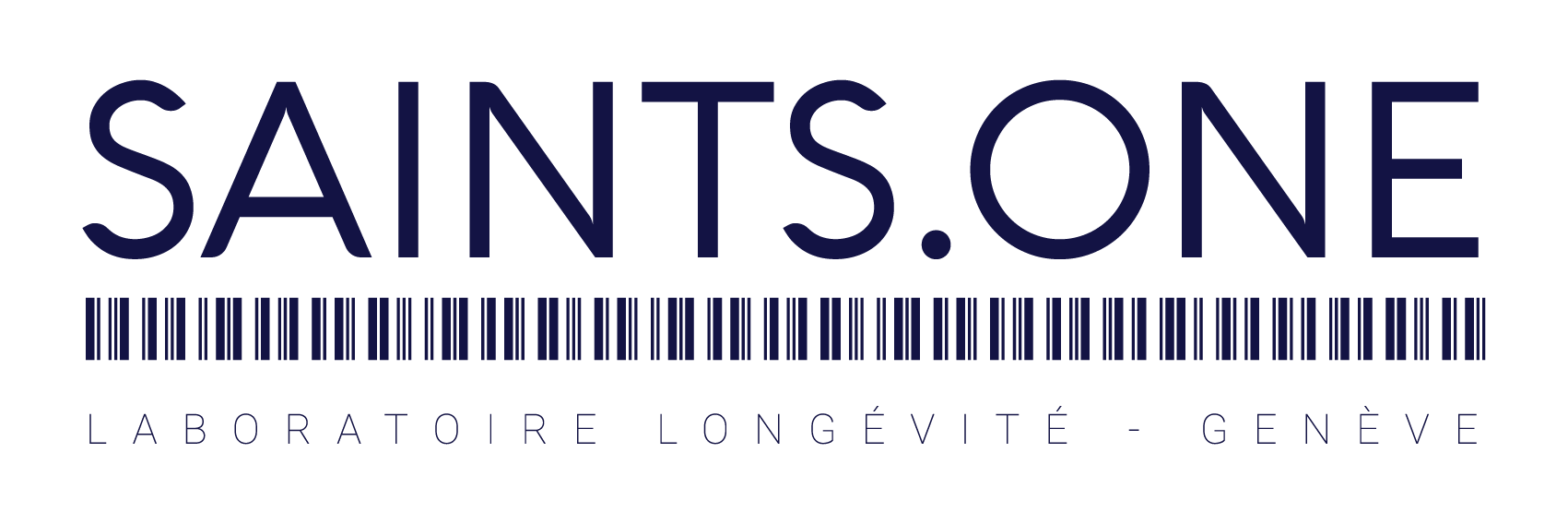The longevity industry is based on the idea that many of the diseases and health problems that we traditionally associate with aging, such as heart disease, stroke, cancer, and neurodegenerative disorders, are not inevitable consequences of growing older, but rather are caused by specific underlying biological processes that can be targeted and potentially slowed or even reversed.
By developing therapies and interventions that can target these underlying processes, researchers in the longevity industry hope to be able to extend the human lifespan and improve the health and quality of life in older age. Some of the key areas of research in this field include developing drugs and other therapies that can target the biological processes underlying aging, exploring the use of stem cells and other regenerative approaches to repair or replace damaged tissues and organs, and studying the effects of diet and lifestyle on health and longevity.
In addition to the research being done by scientists and medical professionals, the longevity industry also includes a growing number of companies and organizations that are focused on developing and commercializing new technologies and treatments for aging and longevity. These can range from pharmaceutical companies working on developing new drugs to treat age-related diseases, to biotech firms exploring the use of stem cells and other regenerative approaches, to lifestyle and wellness companies offering products and services designed to promote healthy aging.
How big is the longevity industry?
One way to gauge the size of the industry is by looking at the amount of funding that is being directed towards research and development in the field of longevity. According to a report published in 2019, global funding for longevity research and development increased by nearly 30% between 2016 and 2018, reaching a total of $1.3 billion. This included funding from both private investors and government organizations.
Some of the biggest and most well-known companies in this field include:
- Biotech firm Unity Biotechnology, which is focused on developing treatments for age-related diseases using senolytic drugs, which can target and remove senescent cells, which are cells that have stopped dividing and can contribute to tissue damage and inflammation.
- Pharmaceutical company BioMarin, which is developing drugs to treat rare genetic diseases that can cause early death, with the goal of extending the healthy lifespan of patients who have these conditions.
- Biotech firm Insilico Medicine, which is using artificial intelligence and machine learning to identify potential drug targets for aging and age-related diseases.
- Lifestyle and wellness company Juvenescence, which is focused on developing therapies to slow the aging process and improve health and wellness in older age.
- Biotech firm Celularity, which is exploring the use of placental stem cells and other regenerative approaches to treat age-related diseases and improve health in older individuals.
What are the key longevity industry drugs?
There are a number of drugs that are currently being developed or studied for their potential to extend healthy lifespan and improve the health and quality of life in older age. These drugs are often called “longevity drugs” or “geroprotectors,” and they work by targeting the underlying biological processes of aging in order to delay or prevent age-related diseases and improve health in older individuals.
Some of the key longevity drugs that are currently under development or being studied include:
- Senolytic drugs, which can target and remove senescent cells, which are cells that have stopped dividing and can contribute to tissue damage and inflammation.
- Drugs that can target the pathways involved in the aging process, such as mTOR inhibitors and AMPK activators.
- Drugs that can enhance the body’s own regenerative abilities, such as stem cell-stimulating agents and growth hormone-releasing peptides.
- Drugs that can mimic the effects of caloric restriction, which has been shown to extend lifespan in animal models.
How can I learn more about the longevity industry?

